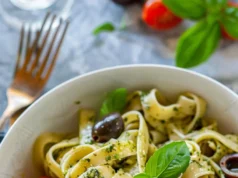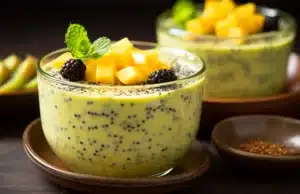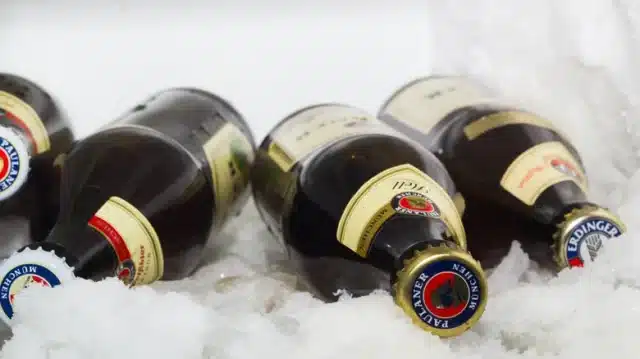
Many beer lovers have learned the hard way that their favorite brew can indeed freeze. Those who’ve tried to quickly chill bottles in the freezer, only to forget them overnight, know that beer can turn into a solid block. Yet, you might have opened a can outdoors in freezing weather and found it still liquid. So, what’s the real freezing point? It all depends on the alcohol content.
Pure ethanol (the alcohol in our drinks) freezes around -173 F, while water freezes at 32 F. Beer, a mix of both, has a freezing point based on this ratio. Lower-alcohol drinks like beer freeze at higher temperatures than spirits such as whiskey or vodka. Most beers freeze around 28 F, making them safe in a fridge but not in a freezer.
It’s about the ABV
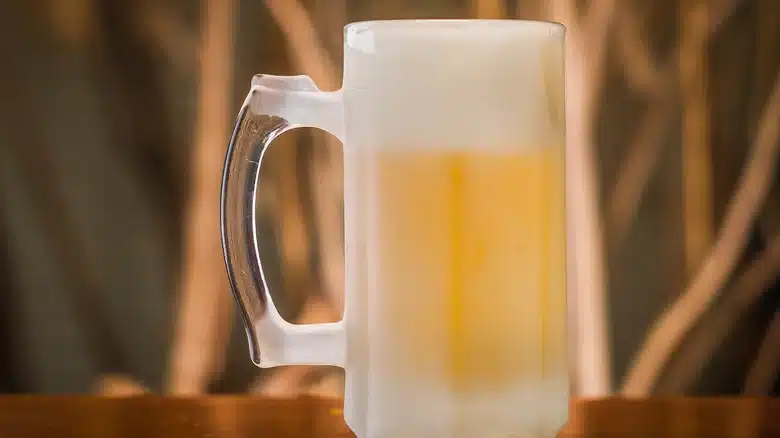
Most beers have 4% to 6% alcohol by volume (ABV), though some craft beers and double IPAs can exceed 10% ABV. As alcohol content rises, the freezing point drops. A typical beer freezes at 28 F, but a high-ABV brew freezes much lower. CERN reports that a 10% ethanol-water mix freezes at 21.2 F. This assumes only ethanol and water; real beer’s sugars and additives might slightly alter this, but not by much.
Recommended: What is Prosciuttini: A Peppery Twist on Traditional Prosciutto
Fortunately, most home fridges stay below 40 F but above freezing, keeping beer refreshingly cold without freezing. However, move those bottles and cans to the freezer, and it’s a different story. Home freezers usually maintain 0 F, well below even high-ABV beers’ freezing points. This quickly freezes the liquid, and as water expands when frozen, it can pop can tabs and crack glass bottles, creating a slushy mess. Even if the container survives, thawed beer isn’t great to drink. Thawing oxidizes the brew, making it taste strong and stale.
Other alcoholic beverages
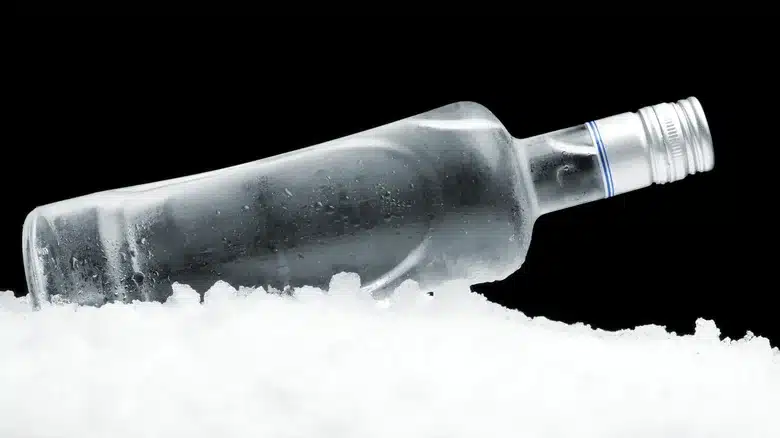
While you’ve likely experienced beer freezing in your freezer, you may have noticed that vodka bottles remain liquid. Hard liquors do freeze, but at extremely low temperatures. Most spirits like vodka, whiskey, tequila, and rum are bottled at 80 proof, which means 40% alcohol by volume (ABV). According to CERN, a 40% ethanol mixture freezes at -13.9 F. Stronger 100-proof spirits won’t freeze until -28.3 F.
Home freezers typically can’t reach these low temperatures, so your liquor bottles are safe there. However, liqueurs might be a different story. These cocktail staples, like Campari and Kahlua, usually have a lower proof due to added sugars and other ingredients. Their alcohol content, often between 15% and 30%, is low enough for them to freeze in a standard home freezer.
So while your vodka and whiskey are safe, be cautious with those sweet liqueurs. They might just turn into boozy popsicles if left in the freezer too long!



